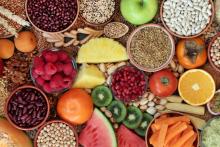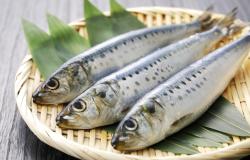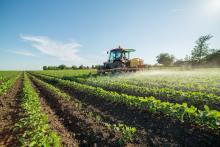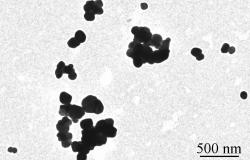Research in the AlimH Division
Strategic challenges
The AlimH division's scientific strategy is based on an approach that combines basic and applied research. Knowledge of the scientific foundations of nutrition-health relationships, food behaviour and toxicology are at the heart of the matter, in order to be able to respond to the scientific and socio-economic challenges of developing healthy and sustainable food systems based on a virtuous interaction between food supply and consumer practices. Thus, the aim of research is to push the limits of scientific knowledge, provide expertise and support to public policies, and promote transfer and innovation to society.
The work of the division covers:
- analysis of the relationship between food and the major physiological functions of humans
- research on eating behaviour
- research on consumption trajectories and the sustainability of food systems
- characterisation of the risk of food xenobiotics and predictive toxicology
Research themes
Characterise and take into account the relationship between food and health in order to define the needs and means of a healthy and sustainable diet

What constitutes a healthy diet may vary according to the individual at hand, the food consumed, its availability, and eating habits. From this perspective, it is necessary to identify the impact of food and dietary qualities on the biological response of individuals and the health of populations over the course of an entire life, and to identify the biological and physiological determinants of the variability of individual responses to diets and their components and their effects on health.

Link
Can natural marine ingredients boost the aging brain?The consumption of natural marine ingredients could prevent memory decline and loss of autonomy during aging. This is suggested by a study on the beneficial effects of a marine hydrolysate obtained from sardine heads using a dual approach: in vitro on cell cultures and in vivo on a preclinical model.
Understand and act on food behaviours and choices to promote healthy and sustainable eating

The research aims to understand the molecular, cellular, biological, neurological, physiological and psychological mechanisms by which eating behaviours are anchored in the course of a life and one’s health, and what the determinants are. Researchers are studying the evolution of eating behaviours with age, exposure to different substances, experience and food trajectories.
Particular attention is paid to weaning periods, dietary diversification, changes in lifestyle (acquisition or loss of independence, living with a partner, loss of a spouse), changes in metabolism, and physiological status (weight loss and gain).
Characterising and preventing toxicological risks

Food is a major route of exposure to chemical contaminants, neo-formed products or toxins that are directly or indirectly involved in numerous diseases such as cancers, metabolic dysfunctions, developmental or immune defences. The department is interested in the identification and characterisation of risks related to exposures, the elucidation of mechanisms of action and the development of remediation and risk prevention strategies.

Link
Titanium dioxide: evidence of its toxicityThe use of titanium dioxide (E171) has just been banned as a food additive following a change in the regulation of the European Commission published on 18 January 2022, with a 6-month period for its implementation. This decision follows on from the expert report of the European Food Safety Authority (EFSA) concluding in an opinion published on 6 May 2021 that E171 could no longer be considered safe when used as a food additive. This opinion was based in particular on pioneering research conducted by an INRAE team (Toxalim Occitanie-Toulouse).
Fostering the transitions needed to develop healthy and sustainable food systems

Sustainable food encompasses both food security (referring to the production, supply, accessibility, availability and quality of food) and nutritional security, which refers to the provision of adequate and metabolically available amounts of energy and essential nutrients to achieve a nutritional status in individuals and populations that is considered adequate to maintain long-term health and well-being. Nutritional security also integrates health and well-being, social concerns, and issues related to food resources and environmental preservation. The work of the AlimH division aims to characterise and promote the adoption of appropriate diets in healthy and sustainable food systems.
Develop access to and deployment of data science to better predict and analyse the benefit/risk ratio of healthy and sustainable food
Studying the link between food and human health requires the integration of an ever-increasing amount of knowledge and data. The department aims to implement a proactive open data policy both to enhance and share knowledge and to integrate data reuse strategies into its research.
The division also aims to integrate complex data to predict and analyse the benefit/risk ratio of healthy and sustainable food.
